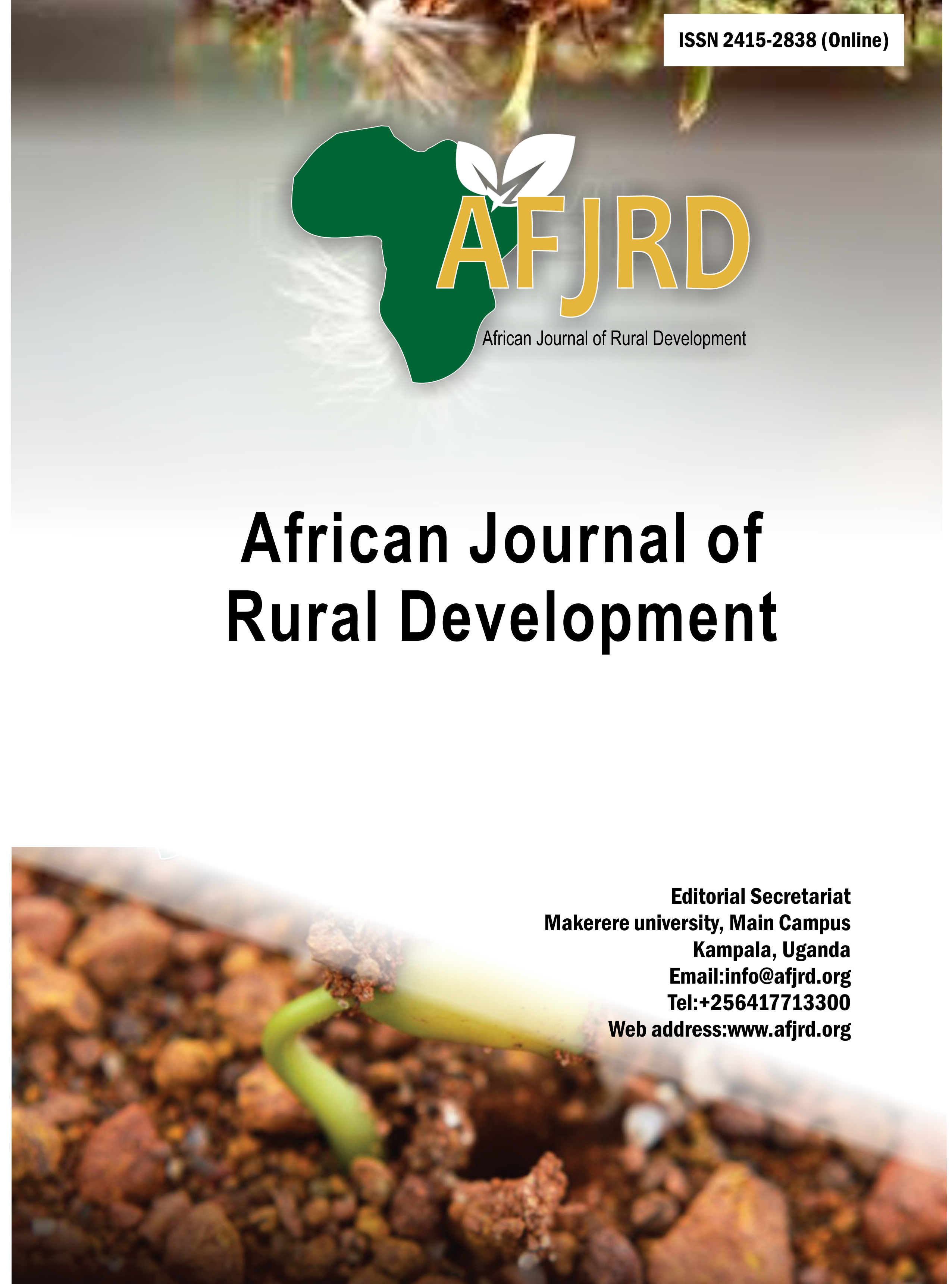Establishing and Harmonizing Sanitary and Phytosanitary (SPS) Regulatory Regimes across the Eight Regional Economic Communities (RECs) of the African Union (AU)
Main Article Content
Abstract
Mississippi State University (MSU) with support from the United States Department of Agriculture, Foreign Agricultural Service (USDA-FAS) collaborated with the African Union (AU), the eight AU regional economic communities (RECs), and eight AU member states to implement a Fellowship Exchange Program whose goal was to establish and harmonize Sanitary and Phytosanitary (SPS) regulatory regimes across the eight AU-RECs. Sixteen AU and RECs officials and 11 SPS officials from AU member states were trained at MSU and other SPS institutions in the US to establish and harmonize SPS regulatory regimes in Africa. Following return of the fellows to their respective countries, MSU faculty who participated in the fellowship paid reciprocal visits to the fellows’ institutions in Africa to support them in implementing research projects developed while in the US and explore sustainable collaborations. Also, several sensitization and training workshops were organized in Africa (The Gambia, Mozambique, Nigeria, Uganda and Zambia) to support capacity development for implementing SPS regulatory regimes. Additional outputs of the program included a grant to the Nigerian National Agency for Food and Drug Administration and Control (NAFDAC), and twenty- one papers on SPS related topics published by the East African Community Journal of Science and Technology and Innovation (EAJSTI, 6 papers) and the African Journal of Rural Development (AFJRD-13 papers grouped into 8 themes: Introduction, Perspectives SPS Policy Framework for Africa and the African Continental Free Trade Area, Food Safety, Plant Health, Animal Health, General SPS Policy/Management, Other Barriers to Trade and development in Africa, and the Conclusion.
Article Details

This work is licensed under a Creative Commons Attribution 4.0 International License.
